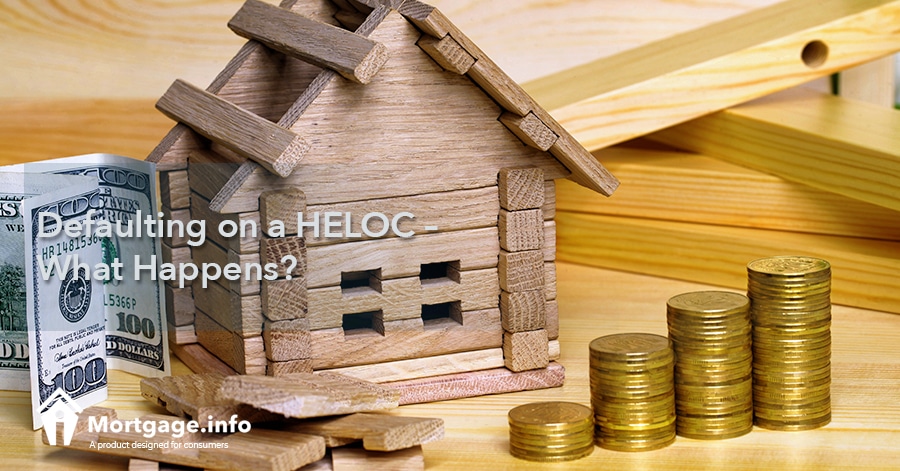A second mortgage on your home is another lien on it. Technically any bank with a lien on your home can foreclose on it. But will a HELOC lender foreclose on your home? We help you understand how it works below.
Get Matched with a Lender, Click Here.
How HELOCs Work
A HELOC or home equity line of credit is a second loan on your property. The first lien is your first mortgage. The HELOC used the equity in your home left untouched by your first mortgage. It’s your investment in the home that you tapped into without selling the home.
You make payments on your HELOC based on the money you’ve withdrawn. You receive a credit line, but don’t make full payments on it. Only the money you withdraw/use will need a payment. For the first ten years, in fact, you only make interest payments. You can, of course, pay the principal back if you wish. You aren’t penalized if you don’t, though. As you pay back the principal, though, you are able to reuse it, much like you would a credit card.
This goes on for 10 years. After those 10 years, you owe principal and interest payments as your minimum payment. You cannot use the credit line any longer either. You make these payments for 20 years or until you pay the loan off in full.
Defaulting on Your HELOC
The second loan on your property is the junior lien. Your first mortgage is the senior lien. This is the order they get paid should you default. In normal circumstances, the first mortgage lender receives funds first and the second mortgage lender receives any remaining funds. This is the case if you default on your first mortgage.
What happens if you don’t pay the second mortgage, but are on time with the first? It depends on a few factors:
- What’s the home’s value? If you have a large amount of equity in the home, the second mortgage lender may initiate foreclosure. Because second lienholders are in a junior position, unless there is significant equity in the home, they won’t make anything on the foreclosure
- Are you underwater? If you owe more than the home’s worth with the combination of your first and second mortgage, there’s no reason to start foreclosure proceedings. Second lienholders won’t gain anything from the sale.
Just because second mortgage lenders may not start foreclosure proceedings if you default on your HELOC doesn’t mean it’s a safe option. Lenders still have choices when you don’t make your payments. The mortgage lender can file a judgment against you. This means the case goes to court. The court can decide to garnish your wages or levy your bank account in order to make good on the debt.
Second mortgage lenders may just choose to leave the second lien on your property too. This keeps them in the running for funds should you sell the home. The first mortgage receives payment first and then the second lienholder receives payment.
Click to See the Latest Mortgage Rates.
Options to Avoid Foreclosure
If you have trouble making your payments, you have options to avoid foreclosure. The most important thing is that you talk about the issues you have with your lender. You won’t know your options unless you ask. Some of the most common options include:
- Repayment plan – The lender may set up a plan that helps you get caught up. They may spread the missed payments out over a series of payments to make it more affordable for you to get back on track.
- Pay one lump sum – If you have the ability to pay the past due amount all at once, you may be able to reinstate your HELOC. This option will vary by state and lender.
- Deferred payments – Your lender may have the option to defer your payments for a period of time. Once the time is up, though, you must get back on track making your payments as required.
- Modification – Many lenders offer modification options. This may include lowering your interest rate, reducing the principal, or altering the loan’s term. Each of these options makes the payment more affordable.
How a lender responds to a defaulted HELOC varies by lender. Always stay in touch with your lender if you are having trouble. They don’t want to start foreclosure proceedings on your home. Instead, they would typically like to work out a plan so that they get paid eventually. Choosing the plan that works best for your situation can help you avoid losing your home.

